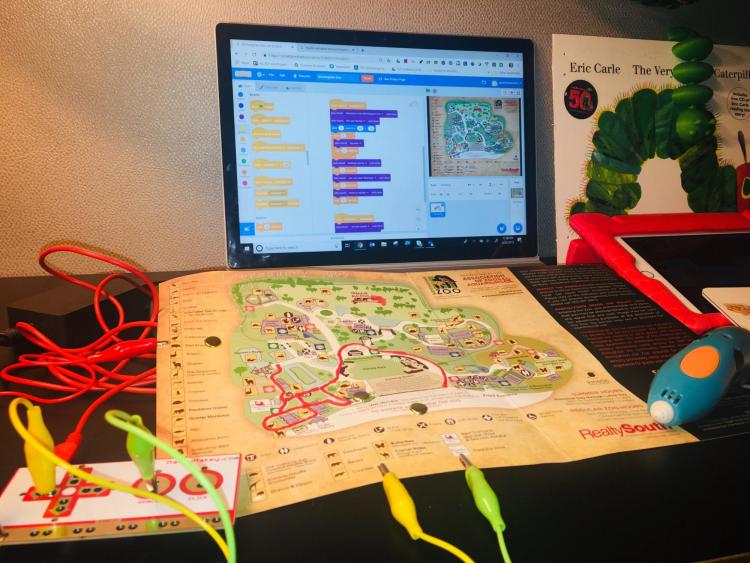Maker Products

When to Use: Along with iterative design process or with finished Maker products
Estimated Time: Dependent on projects
Participants: Young Children, Youth, Adults, Educators
Supplies: Flexible depending on setting and group.
- Maker projects can range from using no-cost recycled materials to high end technology such as 3D printers and laser cutters
- Evaluation methods can include observations, surveys, portfolios, and student reflection
Toolkits: Evaluation of Maker products help assess learning and understanding in different areas.
MakEval from Adam Maltese provides assessment tools to address areas specific to maker activities:
- Creativity - The creative making environment and creative mindset
- Critical thinking and problem solving - Observing, Interpreting, Evaluating, Associating, Curiosity, Honesty, Problem-Finding, Open Mindedness, Systems Thinking.
- Agency / Independence - Shifts in perception of project and of self through portfolios, interviews, surveys, post-project reflection
- Involvement in STEM practices - measuring engagement in informal and formal settings through an observation tool, survey, peer-to-peer interview protocol, and tweet-wall.
- Development of interest and identity in STEM/making - survey questions using direct and indirect questioning related to interest and engagement in maker activities and skills and understanding of STEM career paths
Maker Ed Toolkit provides frameworks for assessment during maker activities and throughout the design process:
- Setting Context - Educators and learners to build a common understanding of the learning constructs, fully participate in the assessment process, and collect rich evidence that supports overall learning and teaching.
- Evidence Collection - Tools for quantitative and qualitative evidence and data collection, and self-, peer-, and teacher-led assessment. As part of the process of collecting evidence, meaning-making of the evidence — by teachers and students alike — is also occurring and ongoing.
- Evidence Interpretation and Communication - Tools that support the accumulation, organization, curation, and analysis of collected evidence over time. Teachers and students work together to interpret the data, reflecting on the visible learning that occurred, and use the information to inform teaching and facilitation as well as learner growth and development.
Resources:
MakEval Toolkit by Adam Maltese
Maker Ed Toolkit developed by MIT Playful Journey Lab, Maker Ed, NSF, Albemarle County Public Schools, Portola Valley School District, and the San Mateo County Office of Education

